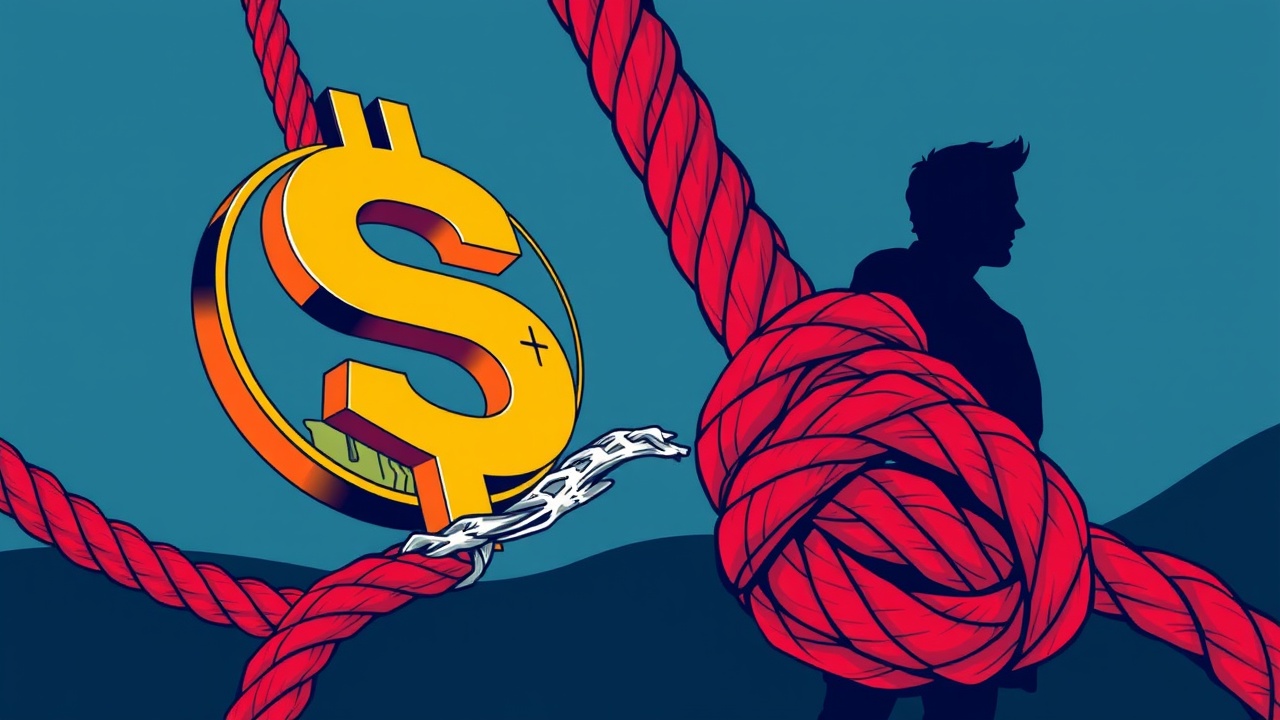Introduction
In the wake of President Donald Trump signing the GENIUS Act, leaders of the largest stablecoin companies adapted their strategies to align with new regulations.
Tether’s Commitment to Compliance
Paolo Ardoino, head of Tether, the foremost issuer of stablecoins globally, shared with Decrypt on Friday that the firm is committed to aligning its flagship dollar-pegged stablecoin, USDT, with the new legal framework that governs foreign stablecoin issuers. This legislation requires adherence to strict anti-money laundering protocols and mandates comprehensive audits for reserves, of which Tether has yet to complete a thorough assessment.
“We have three years to make sure this process can go through properly. We are going to be very precise and very dedicated to that.”
Ardoino also mentioned ongoing discussions about launching a U.S.-specific stablecoin as part of Tether’s compliance strategy. With USDT currently valued at approximately $161 billion in market capitalization, the potential for it to be effectively used for transactions like remittances by expatriates in the United States remains significant.
Circle’s Position in the Market
On the contrary, Circle, the second largest stablecoin issuer and Tether’s direct competitor, has positioned itself as a compliant alternative to Tether over the years. Circle’s CEO, Jeremy Allaire, downplayed concerns about Tether’s plans, indicating that the new legislation may further cement Circle’s regulatory advantages.
“The GENIUS Act enshrines in law Circle’s way of doing business,”
underlining the firm’s long-standing commitment to regulatory compliance and the trust it has cultivated in the financial sector via audits and adherence to international standards.
Conclusion
The meeting at the White House during the signing of the GENIUS Act provided a rare opportunity for the competitive CEOs to share space, though neither acknowledged the other. Ardoino and Allaire’s parallel remarks in front of journalists reflect the ongoing rivalry in the stablecoin market, particularly as both firms adjust to a transforming regulatory environment aimed at integrating digital currencies into the mainstream financial framework.




